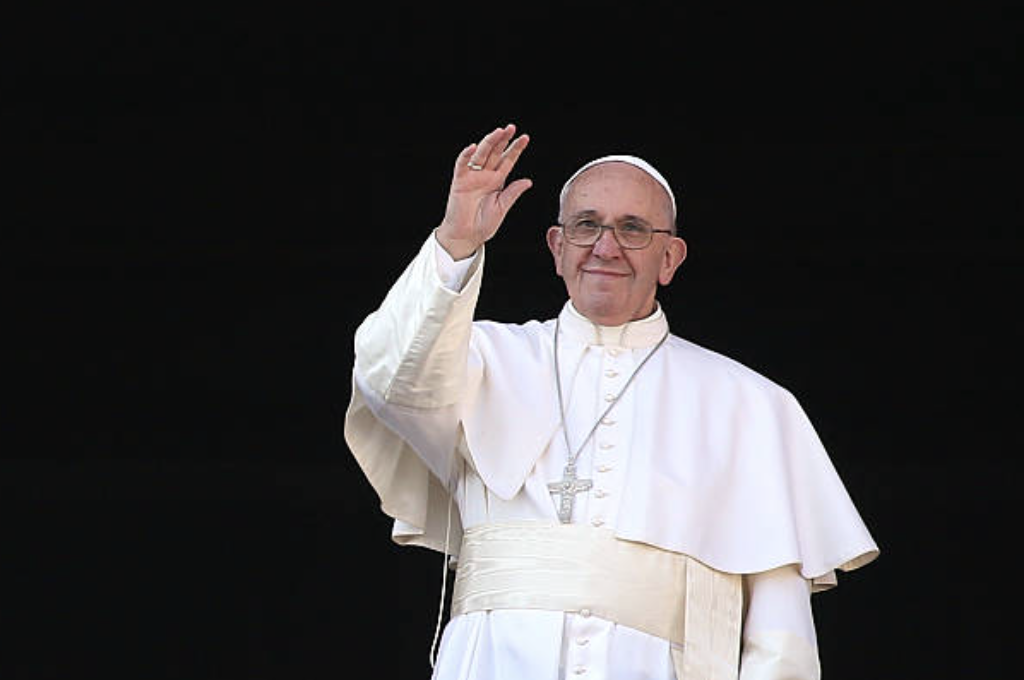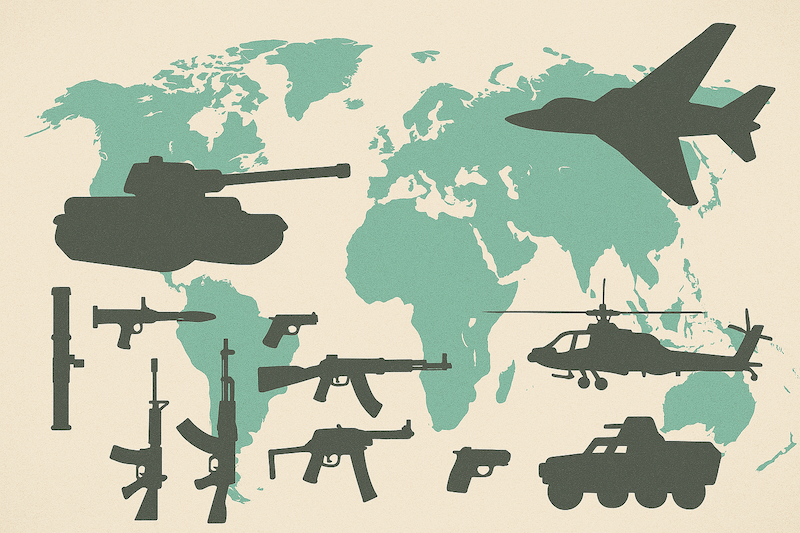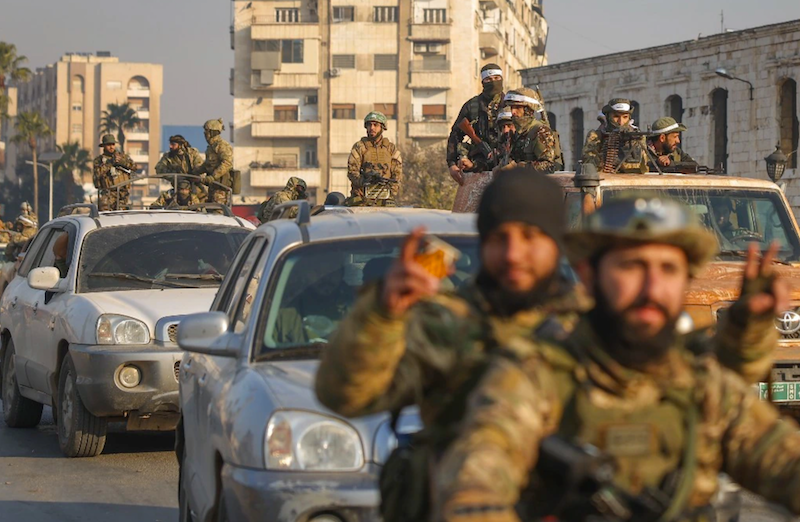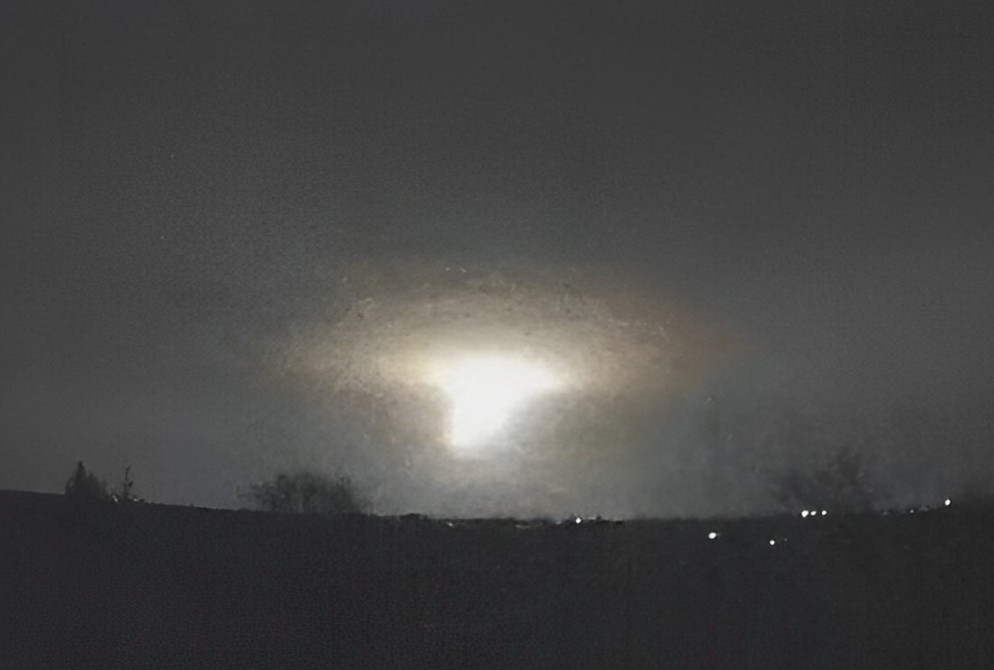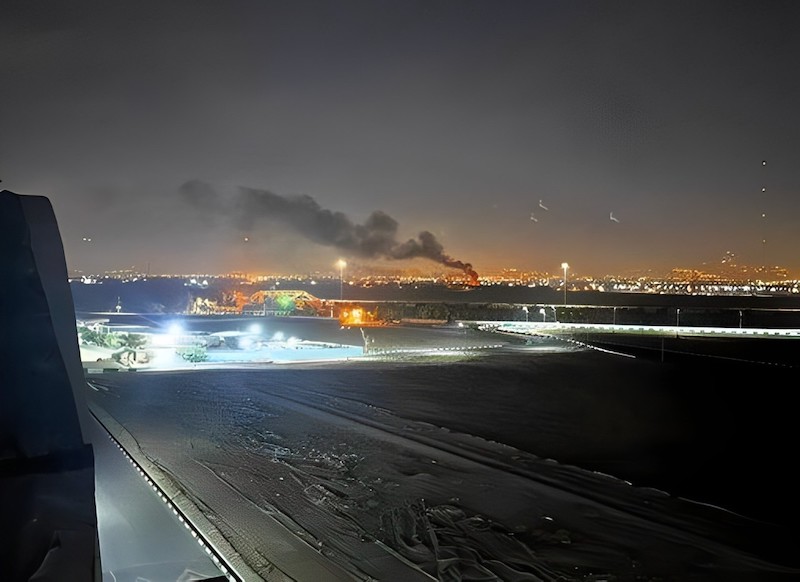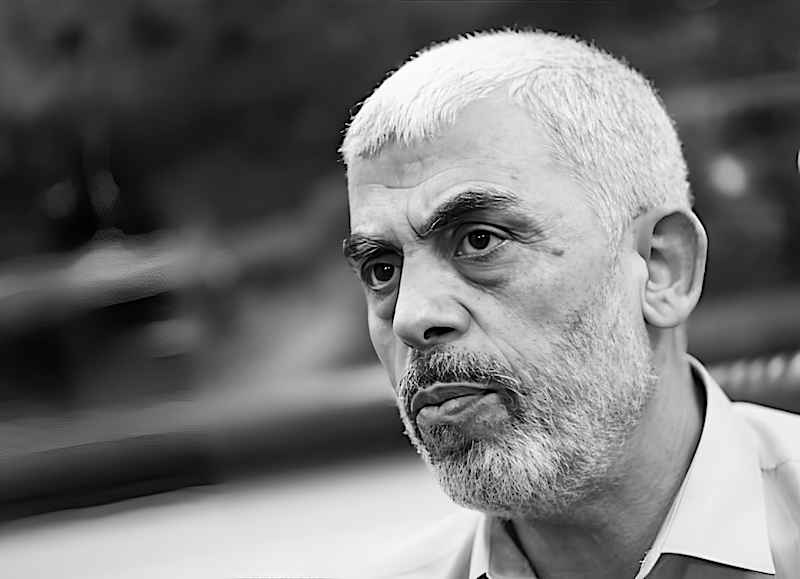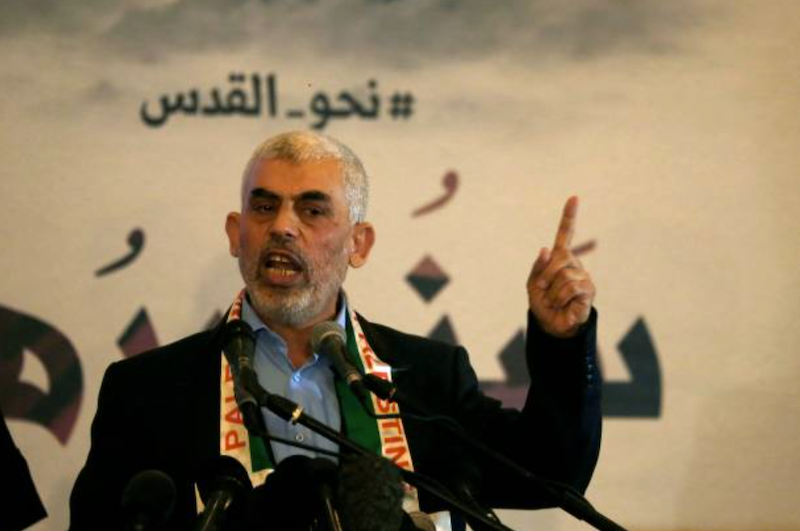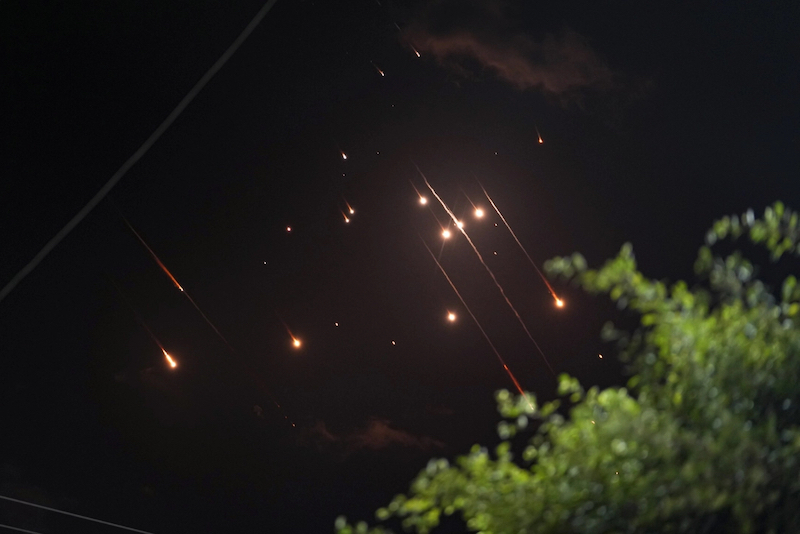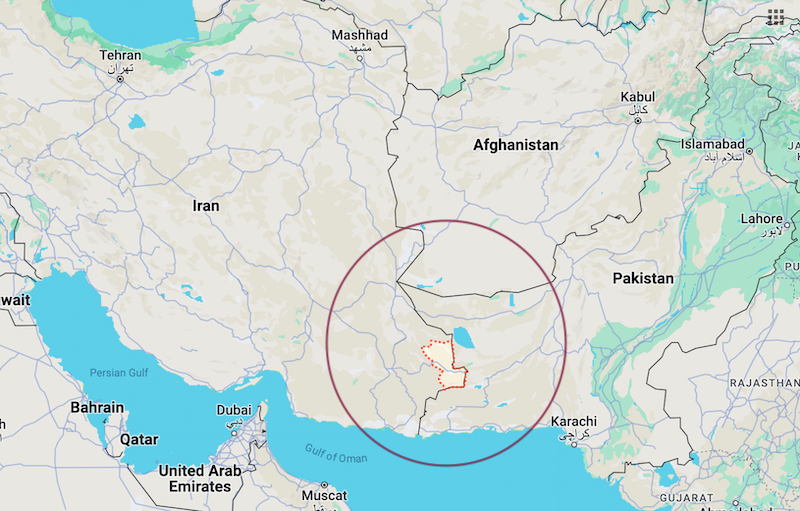 Saravan in Iran’s Sistan-Baluchestan province bordering Pakistan where the drone strikes took place. (Google Maps)
Saravan in Iran’s Sistan-Baluchestan province bordering Pakistan where the drone strikes took place. (Google Maps)
New Delhi: Pakistan has launched drone strikes inside Iran, targeting Baloch separatist militants, in a major escalation of tensions between the two neighbours. On Thursday, the Pakistani foreign ministry said the strikes were carried out in response to Iran’s “illegal and provocative” missile and drone attacks on Pakistani territory on Tuesday, which killed two children and injured three others.
Iran said it had attacked the bases of Jaish al-Adl, a Sunni Muslim group that operates along the border and has carried out several attacks on Iranian security forces in the past. In response, Pakistan said it had the right to defend its national security and sovereignty, and warned Iran of “serious consequences” if it repeated such violations, as India Sentinels had reported on Wednesday.
Iran condemned the Pakistani strikes, which it said killed nine civilians, all non-Iranians, in a village in the Sistan-Baluchestan province. Those killed included two men, three women, and four children.
Tehran demanded an immediate explanation from Pakistan and urged restraint. Condemning the attack, Iran’s foreign ministry spokesman, Nasser Kanaani, said Tehran summoned Pakistan’s chargé d’affaires to protest the missile attack.
IRNA, the official Iranian news agency, quoting Ali Reza Marhamati, deputy governor general of Sistan-Baluchestan province in southeast of Iran, said the attack which occurred at 4.05am local time (9.05am IST/3.35am GMT) targeted an Iranian border village in the vicinity of Saravan county. Saravan is located 347 kilometres southeast of Zahedan, the capital of Sistan-Baluchestan, which borders Pakistan.
Pakistan’s tit-for-tat attacks are the most significant cross-border incidents between the two countries in recent years. They come at a time of rising turmoil in the Middle East, where Iran is involved in several conflicts with its regional rivals, especially Israel and Saudi Arabia.
Pakistan and Iran have had strained relations for decades, mainly due to sectarian and geopolitical differences. Pakistan is a Sunni-majority country and a close ally of Saudi Arabia, while Iran is a Shia-majority country and a supporter of Hezbollah and Hamas.
Both countries have also accused each other of harbouring and supporting militant groups that operate across their shared border, which is porous and unstable.
In a statement, Pakistani military’s media wing, Directorate of the Inter-Services Public Relations (ISPR), said that in the “intelligence-based operation” codenamed “Marg Bar Sarmachar”, hideouts used by terrorist organizations namely Balochistan Liberation Army (BLA) and Balochistan Liberation Front (BLF) were struck.
It said: “The precision strikes were carried out using killer drones, rockets, loitering munitions, and stand-off weapons. Maximum care was taken to avoid collateral damage.”
It further said: “Pakistan’s armed forces remain in a perpetual state of readiness to ensure the safety of Pakistan citizens against acts of terrorism.”
The ISPR then added that the Pakistani military resolve’s is to “ensure that the sovereignty and territorial integrity of Pakistan is respected.” However, it also said “dialogue and cooperation” is needed to resolve bilateral issues between the two neighbouring countries, which the Pakistani foreign office termed as “brotherly”.
🔴LIVE: Spokesperson's Weekly Press Briefing 18-01-24 at Ministry of Foreign Affairs, Islamabad https://t.co/AC7I1mmWV5
— Spokesperson 🇵🇰 MoFA (@ForeignOfficePk) January 18, 2024
The Baloch separatist movement is one of the sources of friction between the two neighbours. The Baloch are an ethnic minority who inhabit parts of Pakistan, Iran, and Afghanistan. They have been fighting for autonomy or independence from the central governments for decades, claiming they are oppressed and exploited.
Jaish al-Adl, or the Army of Justice, is one of the most active Baloch militant groups. It was formed in 2012 as a successor to Jundallah, or the Soldiers of God, which was designated as a terrorist organization by Iran, Pakistan, and the US.
Jaish al-Adl has claimed responsibility for several deadly attacks on Iranian forces, including a suicide bombing in 2019 that killed 27 members of the Islamic Revolutionary Guard Corps (IRGC).
Iran has accused Pakistan of providing shelter and support to Jaish al-Adl, and has repeatedly demanded that Islamabad take action against the group. Pakistan has denied the allegations and said it is committed to fighting terrorism in all its forms.
The latest escalation between the two countries has raised concerns about the stability and security of the region, which is already facing multiple crises and conflicts.
China, which is a major economic partner and investor in both Pakistan and Iran, has called for restraint and dialogue between the two countries. It said it hoped they would resolve their differences through peaceful means and avoid actions that would lead to further tension.
However, India, Pakistan’s archenemy but Iran’s ally, supported Tehran’s action and reiterated its zero-tolerance policy towards terrorism. India’s foreign ministry said it hoped that the situation would be resolved peacefully and that the two countries would continue to cooperate in the fight against terrorism. It may be noted that India too carried out cross-border military strikes in Pakistan-controlled territories in retaliation for terror attacks on its soil.
Middle East and South Asia observers, however, say that this incident will be resolved soon and there is virtually no chance of this escalating further. Interestingly, just hours before the Iranian strikes inside Pakistan and the Pakistani strikes in retaliation, the navies of the two countries held a joint exercise off the coast of Iran’s Bandar Abbas in the Strait of Hormuz and the northern Persian Gulf.
According to the two countries, the main objectives of the drill was to “elevate the level of training interactions, promote military relations, and implement bilateral maritime agreements”. It may be noted that the two countries have been increasingly intensifying their military cooperation in recent years.

